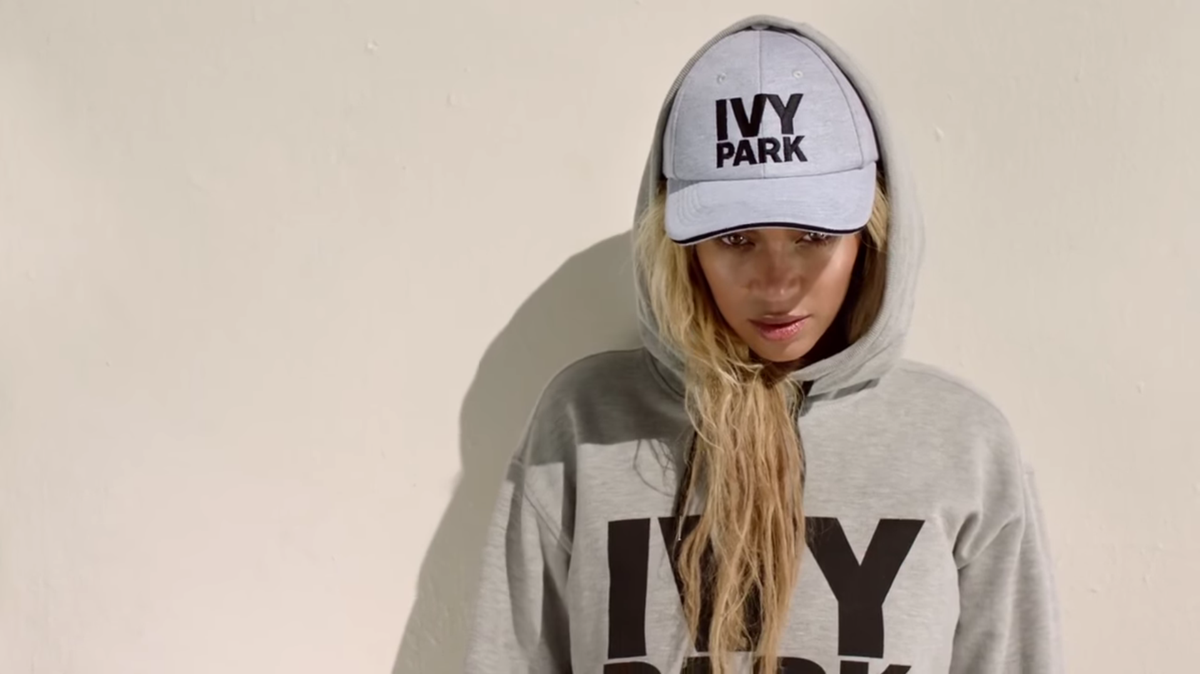The importance of finding new and innovative ways to remain current is a quality of the music industry that has transcended time and cultural shifts. However, as the competition between streaming services grows more cut-throat, it’s the listeners, not the artists, who are forced to choose between companies such as Tidal and Apple Music in order to keep up with the newest releases from the hottest artists. This is how we consume music in 2016 — in a complex, confusing world full of choices.
The music industry is mutating every day, and artists must rely on album release exclusivity in order to maintain the delicate balance between anticipation and intrigue crucial to relevancy in today’s industry. Despite the infinite amount of music available to stream for free online on sites such as SoundCloud (which now offers a subscription plan), Spotify, YouTube and DatPiff, subscribing to at least one of these services has become crucial for fans to enjoy new releases in a timely manner and for artists to broadcast their sound to as many audiences as possible.
Most major albums released exclusively — despite promotion indicating otherwise — become available to other services within a few weeks of their initial release. Drake’s VIEWS, originally an Apple Music exclusive, became available on Spotify after two weeks. Lasting an even shorter period as a Tidal exclusive, Beyonce’s Lemonade was released to Apple Music only 24 hours after its release. Kanye West’s The Life of Pablo, an album he said would only ever be available on Tidal, was made available to Google Play, Spotify and Apple Music 47 days after its initial release.
Though mainstream artists may rely on exclusive releases to maximize revenue, up and coming rappers build their fanbase and hype surrounding studio releases through the release of free mixtapes, spawning singles that artists can receive a sufficient amount of royalties from if enough exposure is gained. Yet, surprise music releases have become the newest trend in garnering publicity since the success of Beyonce’s 2013 self-titled album.
In the past, preparing for an album release was treated as an event in itself. Intriguing the public meant creating a sense of elaborateness and creativity. In his sixth studio album, Kanye West promoted Yeezus by cryptically announcing its release date a month prior on social media and at one point utilizing the presence of 66 buildings to project the video of “New Slaves” in various locations around the world. However, The Life of Pablo capitalized on this newly established culture of surprise album drops. West failed to release his album on its announced Feb. 11 release date, instead making the public wait as he toyed with album titles online and continued to enjoy the publicity of his “tweef” with Wiz Khalifa.
Mainstream singers have realized that giving their listeners a preview of the album by releasing singles for free for streaming is actually better for album sales, especially after a premature leak. The success of Drake’s If You’re Reading This It’s Too Late, initially planned as a free mixtape, was a result of the rapper’s release of singles for free streaming on OVO Sound’s SoundCloud page.
The demand for rapid production and easy accessibility of music is changing the landscape and consumption of the music industry. Rihanna’s Anti, an exclusive to Tidal for its first week, became available for free download, allowing several singles to gain popularity. Chance the Rapper made headlines this year by ensuring his third mixtape, Coloring Book, was available exclusively for streaming on Apple Music and two weeks later made it available everywhere. After the mixtape’s massive success and staunch petitioning from his fans, The Recording Academy rewrote the rules for an album eligibility to include music limited to streaming services.
Paid streaming is now driving the music industry’s revenue. As digital album sales drop each year, on-demand streaming services grow. Macbooks today are produced with less available storage than in the past — a symptom of a culture shifting away from downloads and more toward a digital revolution that relies on streams and storage backups. Music listeners are slowly losing the ability to own their music, but this comes at a trade-off to being exposed to millions of songs and the ability to connect audiences closer to all their favorite artists than ever before.



